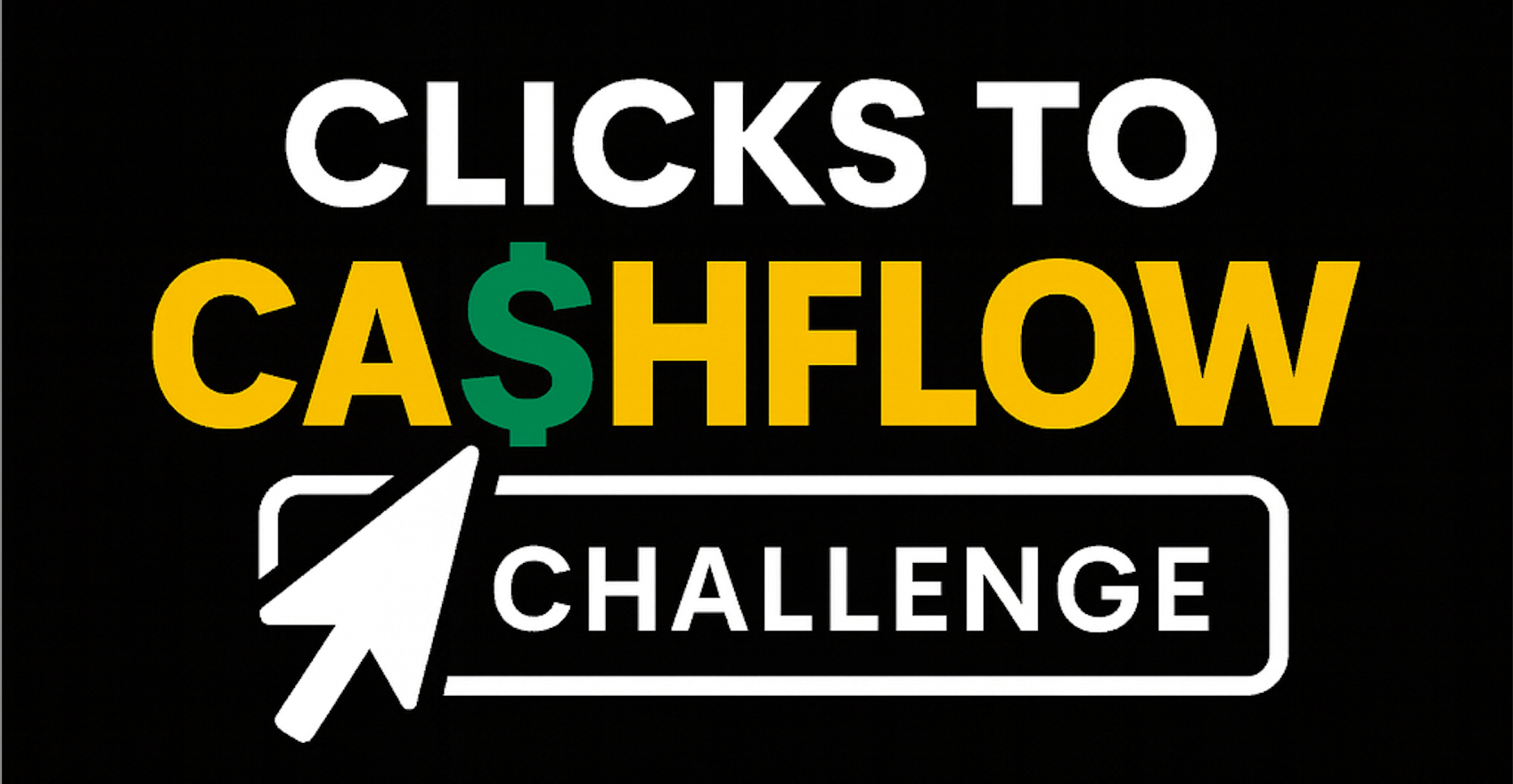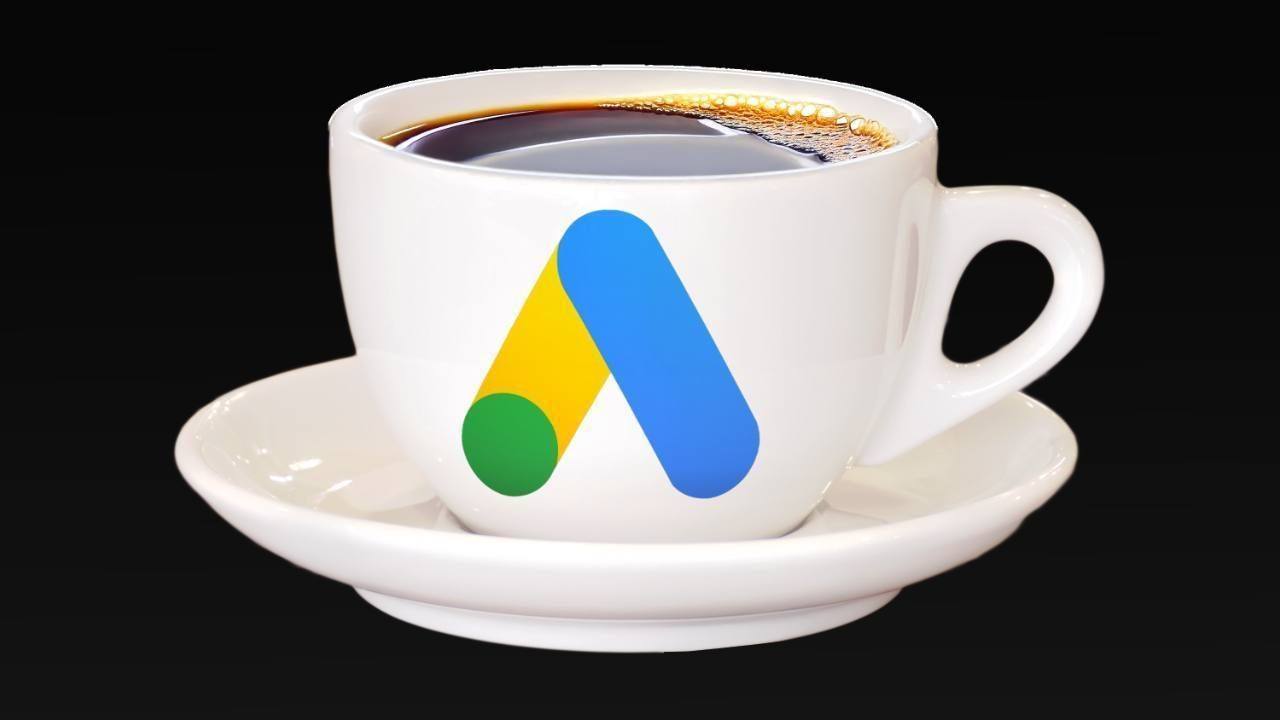The Biggest Mistakes I See in Google Ads Accounts (and How to Fix Them)

Clicks to Cashflow starts in 7 days.
Join either the dedicated stream for eCommerce or Lead Gen.
In 3 days learn how to Turn Your Clicks Into Real Customers and Cashflow
Tickets Start from just $99
If your Google Ads campaigns aren’t converting, you’re not advertising you’re making a donation to Google.
And with Google Ads generating over $265 billion in 2024, the platform doesn’t need your money.
For business owners, Google Ads can be one of the most powerful growth tools in the world. But when the strategy is wrong, it drains your budget instead of building your business.
Here are the three biggest mistakes I see inside accounts again and again and exactly how to fix them.
1. No Clear Account Structure
The most common issue? Accounts with too many campaigns or overlapping targeting. This leads to wasted spend and cannibalisation where campaigns compete against each other for the same keywords, audiences, or locations.
When I review an account, the first question I ask is:
👉 “What is the goal of this campaign?”
Every campaign should have a clear purpose. Some guidelines:
-
Search/Shopping Campaigns: Use multiple campaigns only if you need to control spend by service, location, or performance.
-
Performance Max (PMAX): Prevent cannibalisation of Search/Shopping by:
-
Adding brand exclusions.
-
Using Customer Acquisition Bidding to target new customers only (or prioritise them).
-
-
Content Campaigns (Demand Gen/Display): Don’t just look at conversions. Assess their impact on your overall account, including:
-
CPCs in other campaigns.
-
Cost per conversion across the account.
-
Without a clear structure, your account runs blind. With structure, you gain control and direction.
2. Poor Conversion Data or Settings
Conversion tracking inside Google Ads is powerful, but here’s the truth:
⚠️ Your Google Ads dashboard does not equal your business performance.
For example, a reported ROAS of 300% in Google Ads doesn’t mean your business is achieving 300% profit in reality. That’s why you must compare Ads reporting with your P&L data.
Still, accurate conversion data is critical for Google Ads because it feeds Google’s AI. Poor tracking means poor optimisation.
Common mistakes:
-
For Lead Gen:
-
Tracking set to “Every” instead of “One.”
-
Phone calls counted as conversions when they last only a few seconds (set to 90+ seconds).
-
No offline conversion process linked from CRM (e.g., CallRail, Salesforce, HubSpot).
-
-
For E-Commerce:
-
Reporting micro-conversions (like “add to cart”) as primary conversions.
-
Not using campaign-specific goals.
-
Bad data in = bad results out. Fixing your conversion tracking is non-negotiable.
3. Too Many Ad Groups or Broad Match Keywords
This one is becoming more common in Search campaigns.
Broad match keywords are powerful, but if you overload your ad groups, only a couple will collect data wasting budget and blocking insights.
Best practices for broad match keywords:
-
Use no more than 2–3 per ad group.
-
Focus on three-word phrases to capture more relevant searches.
-
Regularly review your search term reports and refine your list.
-
Layer broad match with exact match keywords for balance.
Also, remember: Google no longer matches keywords literally it matches intent. Too many ad groups are unnecessary in 2025. A lean, well-structured setup is far more effective.
Final Takeaway
Google Ads works when it’s managed correctly.
The three biggest mistakes I see are:
-
No account structure.
-
Poor conversion data.
-
Too many ad groups or broad match keywords.
Fixing these will stop you from donating to Google and start turning your campaigns into real profit drivers.
👉 Want expert eyes on your account? Fill out our Help with Google Ads form and find out why your campaigns aren’t converting.
Have a great week,
Aaron

- Monday 29th September, 8pm AEST: The Biggest Mistakes I See In Google Ads Accounts
- Wednesday 1st October, 8pm AEST: Google Ads for Small Local Service Businesses
Head Over To My YouTube Channel 👇
|

[LIVE MASTERCLASS + Q&A]
General Google Ads Q&A | with Aaron Young 💻
Thursday 2nd, October, 2025, 4:00 PM (AEST)
Thursday, 2nd, October, 2025 07:00 AM (GMT)
Thursday 2nd, October 2025, 12:00 AM (PT)




